I recently watched a great job search webinar delivered by my fellow coach and friend, Anish Majumdar. While he was sharing tips about crafting an effective resume, he said a few lines that I just couldn’t shake:
“Don’t expect any employer to read between the lines on your resume…”
“They don’t know you!”
“You have to tell them!”
I’m paraphrasing slightly, but the essence and power of these three statements is clear. One of the mistakes I have seen clients repeatedly make when discussing their resumes is assuming knowledge on the part of their audience. As they distill their stories into concise bullet points (no easy feat), the complete, first-hand narrative they have in their head is somehow assumed to be accessible to their readers who, “should just understand what I mean.” The simple question I respond with is, “how?”
Unless you possess powers of telepathy and/or your target audience has ESP, there is no transmission network yet in existence to share your thoughts/memories/knowledge with another human that ultimately doesn’t rely on speech or the written word. Until we develop the ability to directly beam our thoughts via WiFi or Bluetooth, we have to make the implicit, explicit -- and tell our audience exactly what we mean.







